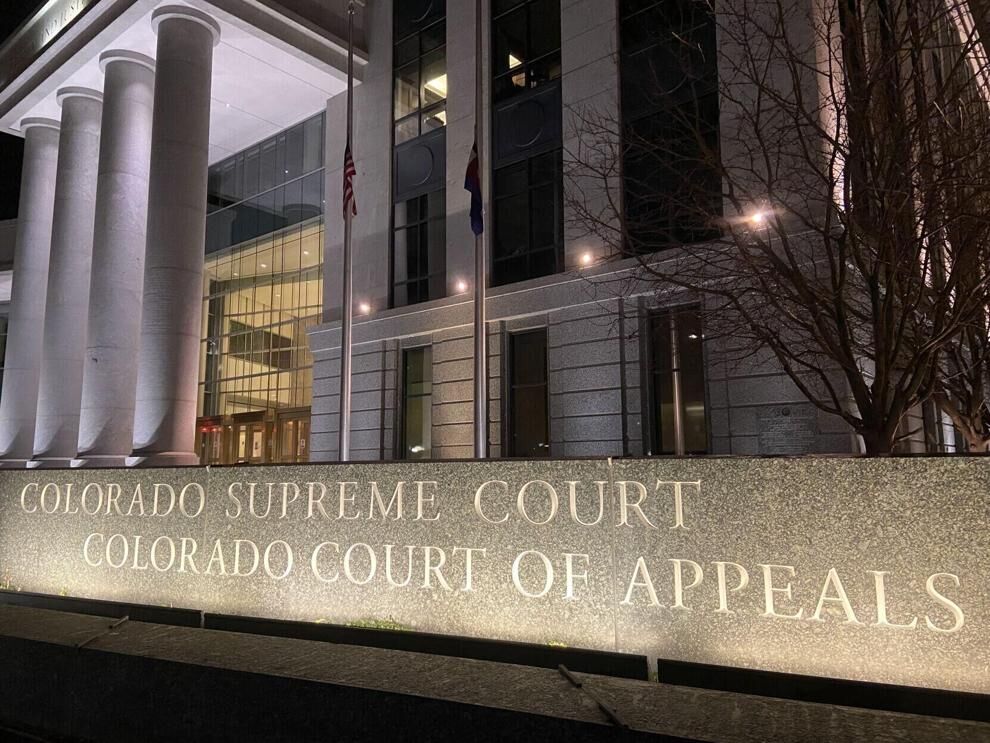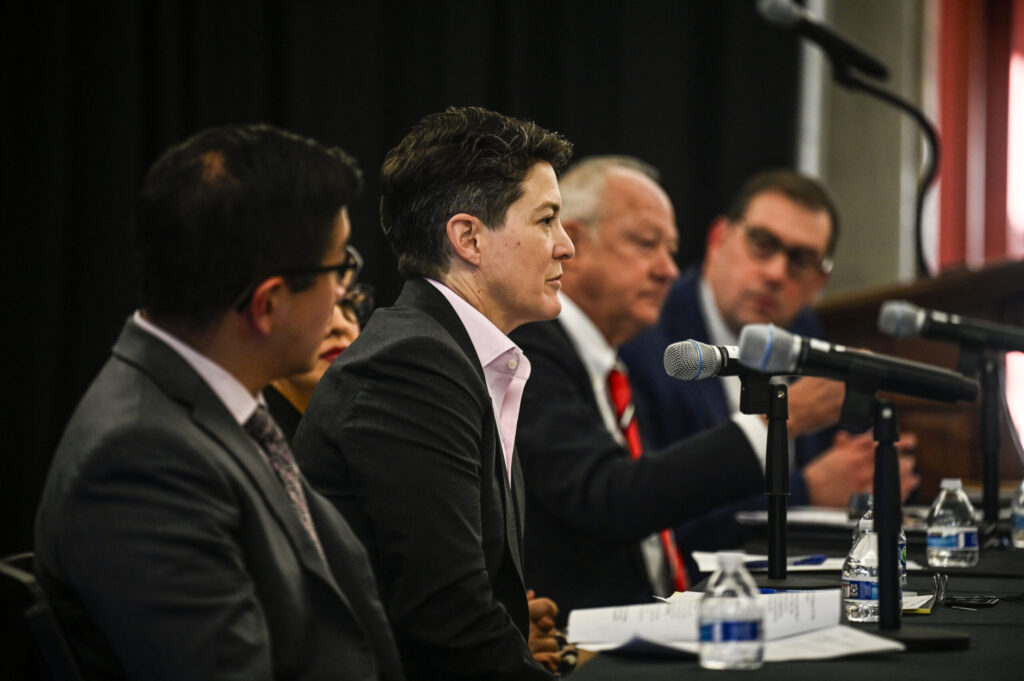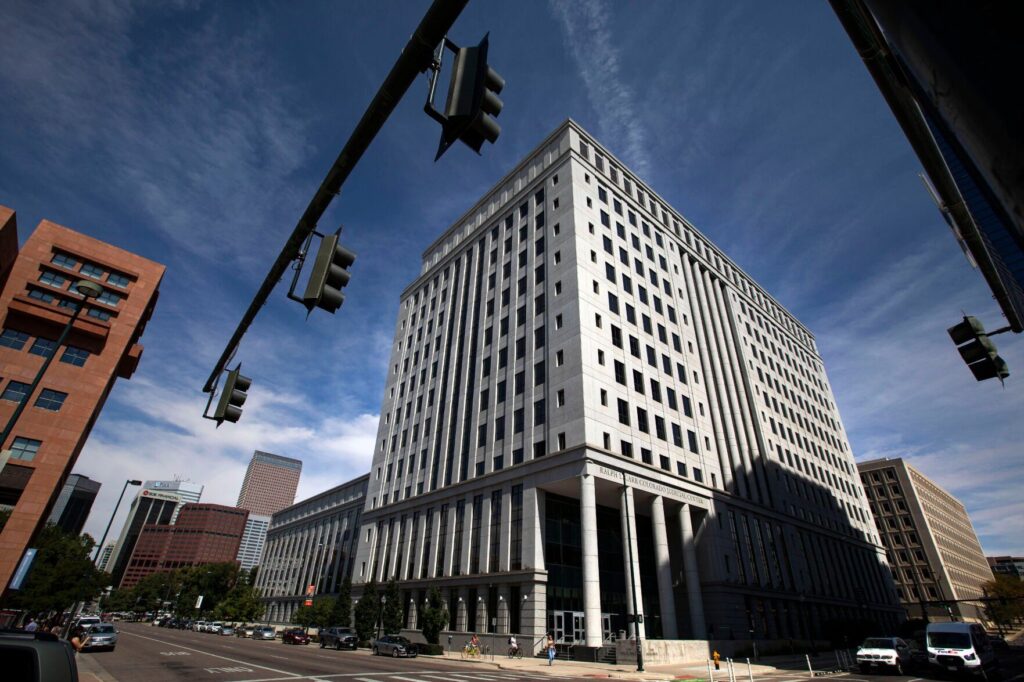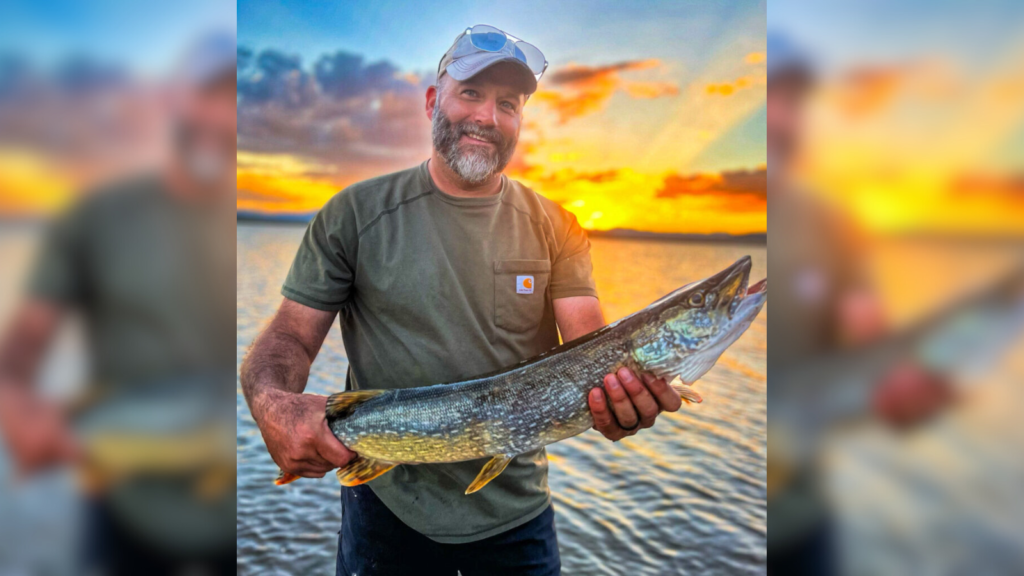Appeals court green-lights use of open records law in lawsuits against government

Colorado’s second-highest court ruled for the first time on Thursday that, simply because someone is suing the government, public officials cannot rebuff that person’s request for records under state law.
Archuleta County Clerk & Recorder Kristy Archuleta argued state Supreme Court precedent barred attorney Matt Roane from seeking information through the Colorado Open Records Act (CORA) for use in his lawsuit against the board of county commissioners. Instead, he should have obtained the records through the procedure established for the discovery of evidence in litigation.
The appellate panel agreed Archuleta had misread the Supreme Court’s directive, and suggested her real disagreement was with CORA’s guarantee of allowing “any person” to access government records.
“If Archuleta is indeed concerned about the burden that CORA imposes on public entities, her remedy is a petition to the General Assembly to amend CORA,” wrote Judge Lino S. Lipinsky de Orlov in the Dec. 15 opinion.
Roane, an Archuleta County resident, has filed a large volume of lawsuits against local government entities alleging violations of open meetings law. Although his litigation reportedly led to increased compliance trainings among school districts, The Durango Herald’s editorial board recently questioned whether Roane’s tactics amounted to a “shakedown” of public entities.
Roane sued the Archuleta County Board of County Commissioners in October 2020, arguing it violated the requirements of the open meetings law. To aid his case, he submitted a CORA request to Archuleta, the clerk, in December 2020 asking for a recording of a board meeting.
In response, Archuleta County Attorney Todd A. Weaver wrote back to say the request was prohibited because Roane was effectively using CORA to circumvent the rules on the discovery of evidence. He quoted a line from the Supreme Court’s 1980 decision in Martinelli v. District Court, stating “the legislature did not intend that the open records laws would supplant discovery practice in civil litigation.”
Roane then filed a lawsuit against Archuleta seeking to force her to disclose the meeting recording. In January 2022, Chief Judge Jeffrey R. Wilson rejected Archuleta’s argument that Roane’s records request was barred because he happened to simultaneously be suing the county.
“While the plaintiff could have used the discovery process to obtain the information sought in his CORA request, the discovery process was not his exclusive means for obtaining such information,” Wilson wrote.
Archuleta appealed, claiming Wilson had disobeyed the Supreme Court’s instruction in Martinelli, with the end result being that plaintiffs suing the government have gained a loophole to the normal rules of litigation.
“If a party in litigation with a public entity subject to CORA is allowed to perform discovery via open records requests, that would create an excessive, undue and inequitable burden on the public entity,” wrote Weaver. “Such a public entity would be subject to an endless barrage of open records requests.”
The appellate panel examined Martinelli and concluded the Supreme Court had not said what Archuleta claimed it said. The Martinelli case involved an excessive force and false arrest lawsuit against the Denver Police Department. The plaintiff sought the personnel files of the officers involved as well as the department’s internal investigation report. Among other things, the defendants argued Colorado’s open records law shielded the documents from the public, and so they should also be shielded in the legal discovery process.
The Supreme Court rejected their theory, adding that the legislature “did not intend that the open records laws would supplant discovery.”
Under the circumstances, the Court of Appeals decided the Martinelli quote did not mean plaintiffs are categorically unable to file CORA requests to aid their suits against the government.
“We further note that Archuleta’s argument would lead to the absurd situation in which a litigant seeking documents from a party-opponent under CORA would need to dismiss his or her pending action against the public entity without prejudice, submit a CORA request, and then refile the action after obtaining the requested documents,” wrote Lipinsky, calling that scenario “absurd.”
The panel acknowledged that other states have adopted a “pending litigation” caveat to governmental requests in their own open records laws. That is not the case, however, with CORA.
“Accordingly, if Archuleta wishes to engraft a ‘pending litigation’ exception onto CORA, she must do so by petitioning her state legislators,” concluded Lipinsky.
The case is Roane v. Archuelta.














